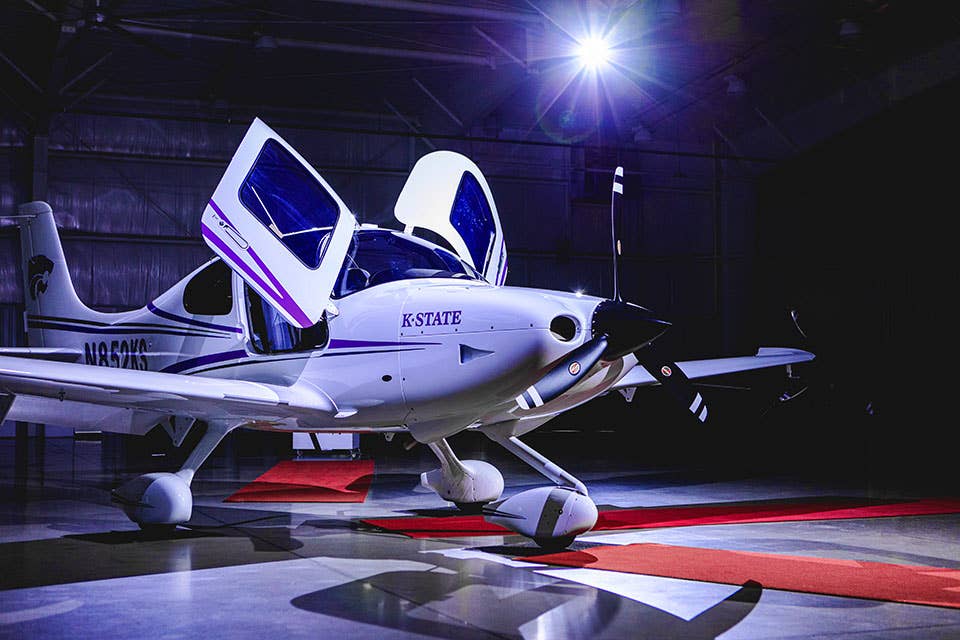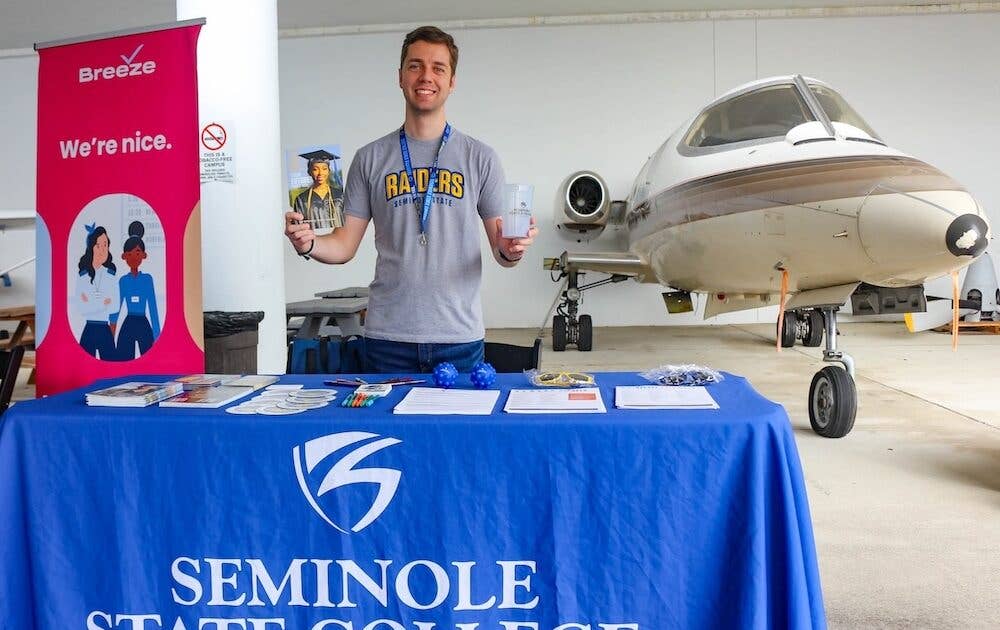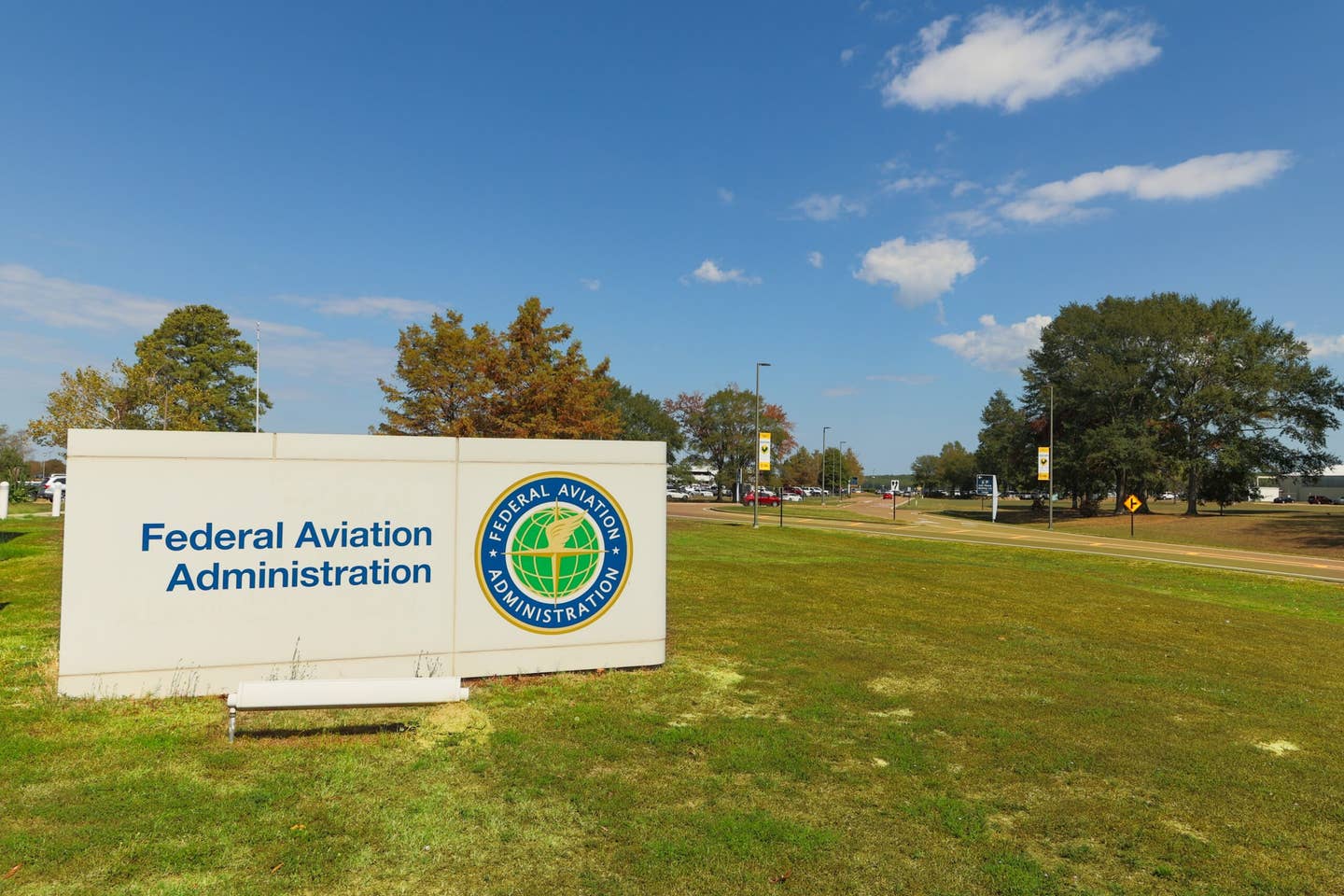Cirrus Aircraft Delivers First Training Aircraft to K-State Salina
Kansas State University Salina Aerospace and Technology Campus began accepting delivery of its new Cirrus training aircraft this week.

Kansas State University Salina Aerospace and Technology Campus has purchased five Cirrus TRAC-series SR20s. [Courtesy: Cirrus Aircraft]
Kansas State University Salina Aerospace and Technology Campus began accepting delivery of its new Cirrus training aircraft this week.
The university previously announced it purchased five Cirrus TRAC-series SR20s, which feature electronic stability and protection, along with the Cirrus Airframe Parachute System, or CAPS.
The first aircraft was delivered on December 20, while the four remaining airplanes will arrive in the second quarter of 2022.
In a statement, vice president of Cirrus fleet and special mission sales David Moser said, “Our TRAC Series aircraft provide K-State Salina with an advanced platform that is ideal for training aspiring professional aviators.”
The TRAC series—a purpose-built configuration of the SR line of aircraft—was developed specifically for flight training institutions. The TRAC series was launched in 2019 with enhanced reliability and durability—including features such as an all-weather floor and rugged seat coverings—to meet the rigors of high-volume flight operations.
Kansas State University Salina Aerospace and Technology Campus has positioned itself to advance in the aviation-training market in part by steadily increasing its fleet.
K-State’s Unique Fleet
Aside from the Cirrus deal, K-State Salina also purchased 10 new Cessna 172 Skyhawks with Garmin G1000 avionics from Textron Aviation (NYSE: TXT), which will be delivered during the first quarter of 2022, bringing that number of this model in its fleet to 20. For multiengine training, the campus uses Beechcraft Baron G58s.
Department administrators at K-State are keen on offering a range of training options to students, which is why the overall fleet offers a mix of airplanes.
The addition of the new aircraft allows for diverse training options with high-performance, complex, low-wing, and high-wing airplanes, said Clinton Strong, head of the aviation department on the Aerospace and Technology Campus, in a statement in October.
According to Strong, students will begin training in the Cessna 172, then move to the Cirrus SR20, before culminating their training in the Baron.

Sign-up for newsletters & special offers!
Get the latest FLYING stories & special offers delivered directly to your inbox






